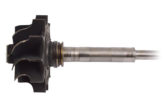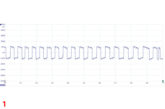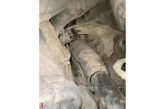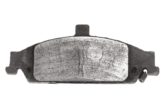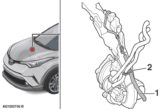
Andy Horwat of Engine Tuning & Diagnostics in Swindon takes his fault finding one step further.
Before I proceed to tell the tale of my one man mission to uncover the truth behind an issue that has been bothering me for a while, it’s important to explain the back story.
A customer had contacted me about an issue he was experiencing with intermittent loss of power relating to his Vauxhall Vectra 2.2 direct petrol injection model. After chasing around workshops, he eventually ended up at my door and after an extensive diagnosis process I managed to resolve the problem – a faulty high pressure pump.
Diagnosing the problem didn’t prove too difficult, but it was only after delving a little deeper – mainly through online forums – that I discovered the failure rate of these pumps to be too high to ignore.
I regularly see VW Golfs in my workshop for routine maintenance. These engines hold pumps of a similar design, but no such failures have been reported. The thing that piqued my interest in this particular case was that when I was sourcing a replacement pump, my local motor factor had stated that I could only purchase it from the dealer, as the part was no longer being stocked due to its high failure rate.
On speaking to the Vauxhall dealer directly, I was quoted an unusually high price for the part and, after probing further, I was told that there had been a national recall on the vehicle’s fuel pressure regulator.
I was now into full investigation mode, and my interest was further heightened upon hearing that the vehicle, and this particular problem, had featured on an episode of Watchdog, such was the high failure rate. Although Vauxhall had stated that the problem with the high pressure pump had been resolved, I wasn’t convinced…
Vauxhall’s explanation for the recall on the fuel pressure regulator was that a ‘sticking plunger’ was to blame, so this presented a good starting point for me. I asked the owner of the Vectra if he could spare the car for a few hours so I could get cracking.
What I first needed to consider was why the pumps were failing. The accounts that I’d read from other drivers had all pointed to a rise in temperature, such as a hot day or slow moving traffic for prolonged periods of time, causing complete failure and then non-starting.
That final point was the trigger for me so I took time to consider the layout of the engine bay. It is a known fact that, over the years, aerodynamics has led to an increase in under-bonnet temperatures and if you check the engine bay you can clearly see that there is air flow restriction above the radiator; the air inlet ducts and pipes are restricting any useful air flow towards the engine cover. A cut out is shown on the front of the cover (see pics below) which is completely missing the pressure regulator and this is restricting any air flow which is placed 30mm to the right.
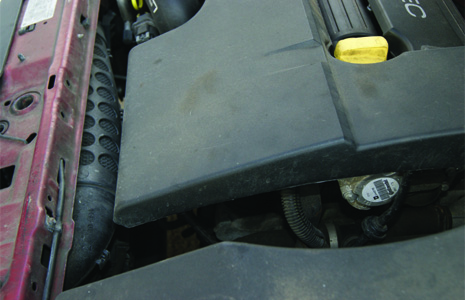
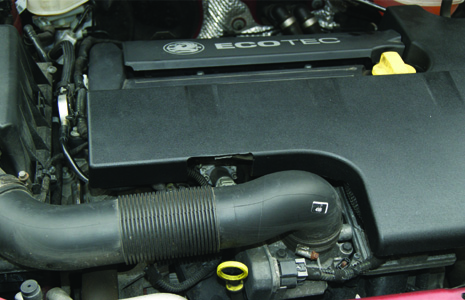
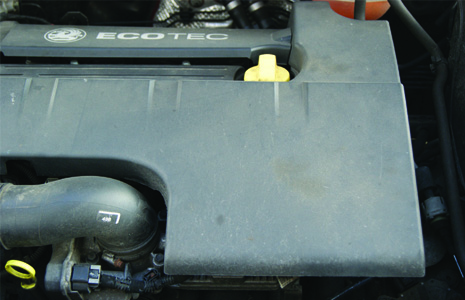
I then moved on to the rail pressure sensor. My diagnosis scope illustration revealed that when the engine got hot the drop-outs in signal began to appear. Alternatively an electrical noise replaced the sensor, before the sensor then eliminated the noise.
My attention was now drawn towards the high pressure pump, which can be viewed from the side. The bottom of the pump is exposed but, when viewed from the front, it’s obvious that the pump is placed in the same heat trap as the other two components. The environment in which these components have been placed shows a lack of air flow, and this could result in a lack of lubricant in the fuel and a drastic reduction in sulphur.
Taking that fact into consideration, my next job was to cut out the front and right hand side of the engine cover. I used a smoke pressure generator to prove the state of the airflow and this modification has really helped the vehicle in subsequent hot weather conditions. The owner of the vehicle has since experienced no problems.
From the point of road safety this sort of problem can’t be ignored. Vauxhall has claimed that it has discontinued the part for pollution reasons but, in my opinion, that is either a bad reason or a very poor excuse. Even more so because direct petrol injection will become a standard convention in the near future.

